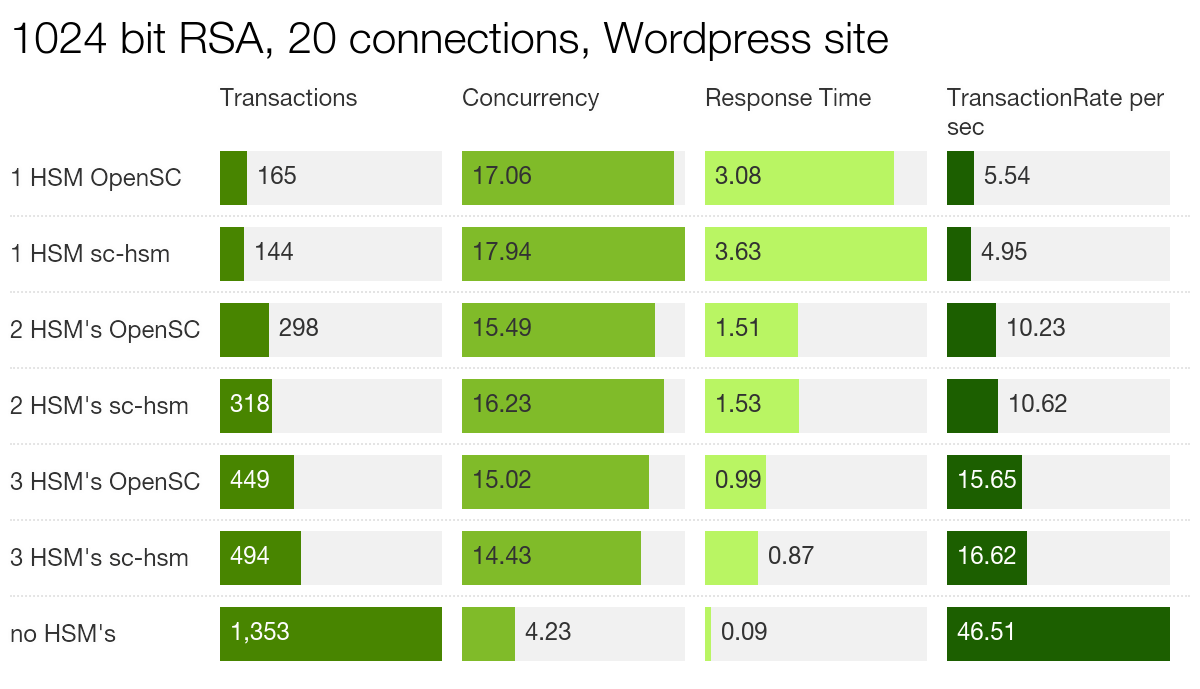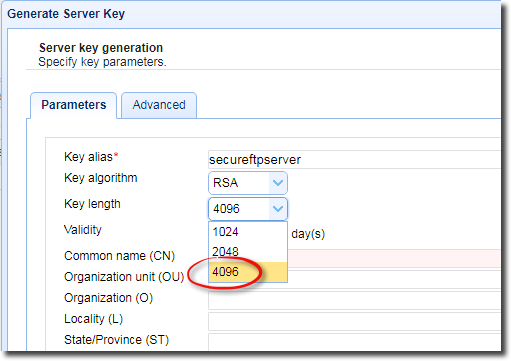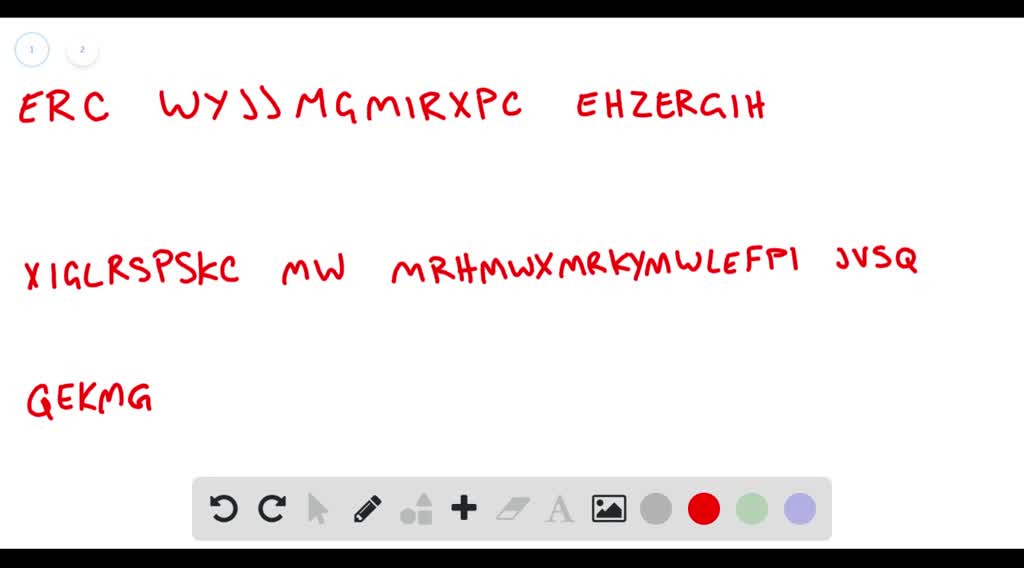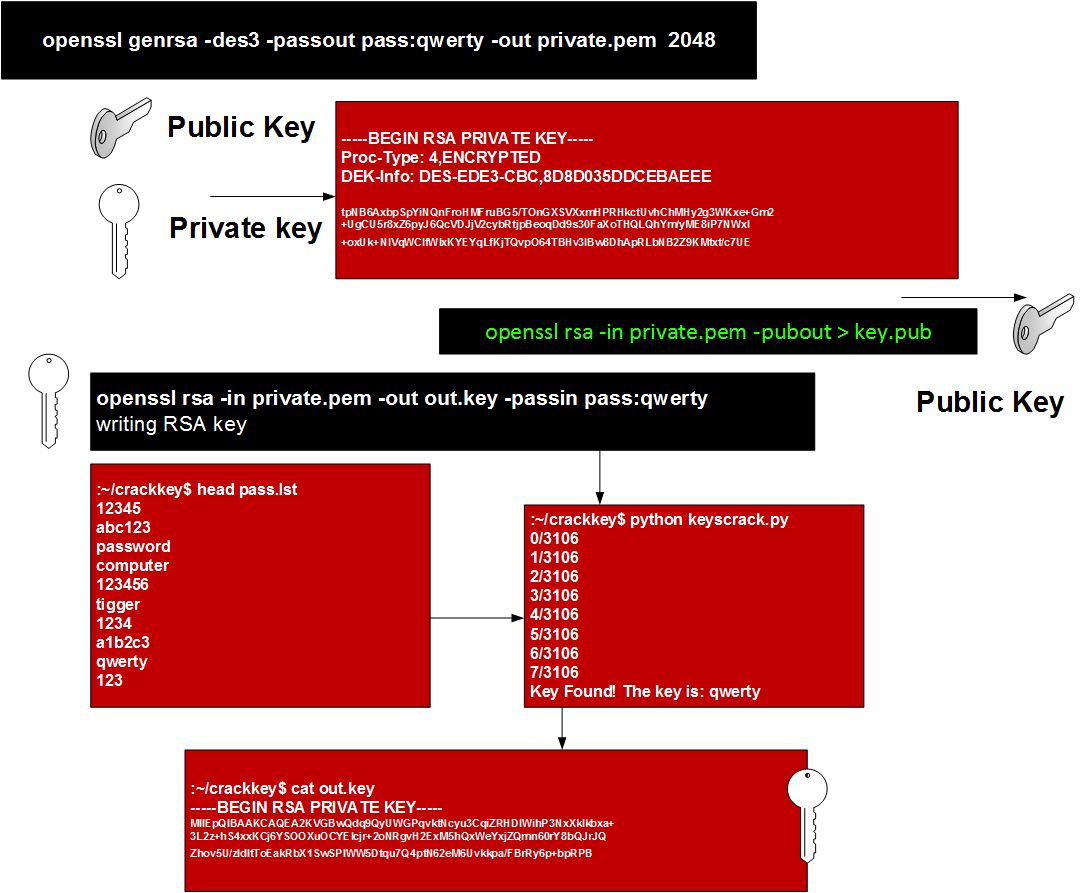
Oct 11, 2015 This submission was created to learn a bit about RSA Public Key encryption and signing. It consists of the following files: GenerateKeyPair (Generates the public and private key) Encrypt (using the public key) Decrypt (using the private key) Sign (using the private key) Verify (using the public key). OpenSSL allows you to generate shorter RSA keys. The shortest ones are 32 bits. But don't use them in production systems. Is considered as unsafe. In 2003, RSA Security claimed that 1024-bit keys were likely to become crackable some time between 2006 and 2010, while 2048-bit keys are sufficient until 2030. As of 2020 the largest RSA key publicly known to be cracked is RSA-250 with 829 bits.
For many years, Mozilla, NIST, the CA/Browser Forum, and others have been encouraging Certification Authorities (CAs) to upgrade their 1024-bit RSA keys to a stronger cryptographic algorithm (either longer RSA keys or ECDSA). We are actively working with CAs to retire SSL and Code Signing certificates that have 1024-bit RSA keys in an effort to make the upgrade as orderly as possible, and to avoid having system administrators find themselves in emergency mode because their SSL keys were compromised. Our multi-pronged approach includes removing the SSL and Code Signing trust bits from 1024-bit root certificates in NSS, gathering telemetry about end-entity certificates with 1024-bit RSA keys, and then eventually showing an “Untrusted Connection” error when a certificate in the chain has an RSA key that is less than 2048 bits.
To help with migration off of 1024-bit root certificates, we are making changes in phases. The first phase involved removing or turning off trust bits for the following 1024-bit root certificates in Firefox 32.
- 256 bits 512 bits 1024 bits 2048 bits. PKCS #1 (base64) PKCS #8 (base64) Components (base16) Warning: Keys larger than 512 bits may take longer than a second to create.
- Jun 14, 2021 The modulus size in bits specifies the key size. However, many implementations do have limitations. Many libraries will at least require a modulus that is a multiple of 8 bits, but ones that only allow 32 bit increments or even only specific key sizes are not uncommon.

In Firefox 32, the following 1024-bit CA certificates were either removed, or their SSL and Code Signing trust bits were turned off:
- Entrust
- CN = Entrust.net Secure Server Certification Authority
- SHA1 Fingerprint: 99:A6:9B:E6:1A:FE:88:6B:4D:2B:82:00:7C:B8:54:FC:31:7E:15:39
- SECOM
- OU = ValiCert Class 1 Policy Validation Authority
- SHA1 Fingerprint: E5:DF:74:3C:B6:01:C4:9B:98:43:DC:AB:8C:E8:6A:81:10:9F:E4:8E
- GoDaddy
- OU = ValiCert Class 2 Policy Validation Authority
- SHA1 Fingerprint: 31:7A:2A:D0:7F:2B:33:5E:F5:A1:C3:4E:4B:57:E8:B7:D8:F1:FC:A6
- EMC / RSA
- OU = ValiCert Class 3 Policy Validation Authority
- SHA1 Fingerprint: 69:BD:8C:F4:9C:D3:00:FB:59:2E:17:93:CA:55:6A:F3:EC:AA:35:FB
- Symantec / VeriSign
- OU = Class 3 Public Primary Certification Authority
- SHA1 Fingerprint: A1:DB:63:93:91:6F:17:E4:18:55:09:40:04:15:C7:02:40:B0:AE:6B
- OU = Class 3 Public Primary Certification Authority
- SHA1 Fingerprint: 74:2C:31:92:E6:07:E4:24:EB:45:49:54:2B:E1:BB:C5:3E:61:74:E2
- NetLock
- CN = NetLock Uzleti (Class B) Tanusitvanykiado
- SHA1 Fingerprint: 87:9F:4B:EE:05:DF:98:58:3B:E3:60:D6:33:E7:0D:3F:FE:98:71:AF
- CN = NetLock Expressz (Class C) Tanusitvanykiado
- SHA1 Fingerprint: E3:92:51:2F:0A:CF:F5:05:DF:F6:DE:06:7F:75:37:E1:65:EA:57:4B
If you run an SSL-enabled website, this change will not impact you if your certificates and the CAs above it have 2048-bit keys or more. If your SSL certificate has a 1024-bit key, or was issued by a CA with a 1024-bit key, then you will need to get a new SSL certificate, and update the certificates in your Web server. If the intermediate certificate that you are using has a 1024-bit key, then you will need to download the 2048-bit intermediate certificate from the CA, and update the certificate chain in your Web server. For your convenience, links to the impacted CAs are provided in the list above.
The second phase of migrating off of 1024-bit root certificates involves the changes identified in Bugzilla Bug #986014 and Bug #1047011. The root certificates under consideration for the second phase are Thawte, VeriSign, Equifax, and GTE CyberTrust 1024-bit root certificates. These root certificates are operated by Symantec and Verizon Certificate Services, and we are planning these changes to be released in Firefox in early 2015. As always, these root certificate changes will be discussed in the mozilla.dev.security.policy forum.
The third and final phase of migrating off of 1024-bit root certificates involves the changes identified in Bugzilla Bug #986019, which relates to Equifax root certificates that are owned by Symantec. The plan for the third phase of 1024-bit root changes will be discussed in the mozilla.dev.security.policy forum. We are targeting to complete the migration off of 1024-bit root certificates in the first half of 2015, after which no 1024-bit root certificates will be trusted to identify websites or software makers.
Please check your SSL certificates and replace any with 1024-bit RSA keys, and contact mozilla.dev.security.policy if you have comments or concerns.
Mozilla Security Engineering Team
RSA is a public key cryptography system used to secure data transmitted over the internet. It is most commonly used in the establishment of an SSL/TLS session – and by the OpenVPN protocol (and sometimes IKEv2) to secure the TLS handshake.
This algorithm is called RSA because of the surnames of the three men who proposed it in 1977 (Ron Rivest, Adi Shamir, and Leonard Adleman). It is an asymmetric encryption system that uses two RSA Keys, known as a key pair.
As with other public-key encryption systems, RSA key exchange involves the sharing of a public key that is derived from the private key at the time of generation. In this type of encryption system, anybody with access to the private key can infer the public key.
32 Bit Rsa Keypad
Due to the complex mathematical system involved, the opposite (deriving the private key from the public key), is impossible. This is why it is safe to share the public key over the internet to establish a secure connection and begin sharing encrypted data.
RSA key exchange
The important thing to remember is that before you can share encrypted data over the internet, it is first necessary to establish a secure connection between the client and the server.
To do this, a key exchange – called a handshake – must occur so that both parties can agree on the keys that will be used to encrypt the data.
Currently, there are five different algorithms that clients can use to carry out that key exchange, of which RSA is one. We have included all five algorithms below:
- RSA
- Diffie-Hellman
- Elliptic Curve Diffie-Hellman
- Ephemeral Diffie-Hellman
- Ephemeral Elliptic Curve Diffie-Hellman
It is worth noting that some clients (such as the WireGuard protocol) leverage other cryptographic primitives such as Curve25519 to establish the handshake. However, this is still just an elliptic curve designed for use with the elliptic curve Diffie–Hellman key agreement scheme mentioned above.
The RSA Keys
The RSA key-pair is the name for the public and private keys used by the RSA algorithm. The public RSA key is the encryption key, whereas the private key (which must be kept secret to ensure that only the intended recipient can read the data) is the decryption key.
One thing worth noting is that the RSA algorithm is actually pretty slow, primarily because of its asymmetric nature. As a result, protocols often leverage RSA as part of an encryption suite to transmit shared keys for symmetric key cryptography, which are then used for the bulk encryption/decryption.
Thus, RSA is not usually leveraged to encrypt bulk data itself, but rather to establish the means for sharing data encrypted with a faster symmetric encryption algorithm like AES.
See Full List On Danielpocock.com
RSA Keys and VPNs
If your VPN provider uses the OpenVPN or SSTP protocol to establish a secure tunnel between you and its VPN servers, this means that the VPN client is using RSA keys to secure the TLS Handshake.
The OpenVPN protocol uses RSA on the control channel to pass over the symmetric keys required for the AES encryption used on the data channel. For that handshake to be secure, the RSA key size should be a minimum of 2048 bits.
Many VPN providers nowadays use 4096-bit keys, but most experts do not consider this strictly necessary for security purposes. Thus, an OpenVPN tunnel established with an RSA handshake key size of 2048 bit is not yet considered a cause for concern.
Finally, it is also worth noting that some VPNs also use RSA to secure the TLS handshake in their implementation of IKEv2 (such as ProtonVPN, for example, which implements IKEv2 with an AES-256 symmetric cipher using RSA-4096 to secure the TLS handshake).

32 Bit Rsa Key
- Fastest VPN we test
- Servers in 94 countries
- Unblocks Netflix, iPlayer and more

 30-Day Money-Back Guarantee
30-Day Money-Back GuaranteeThe fastest VPN we test, unblocks everything, with amazing service all round
32 Bit Rsa Keys
Large brand with very good value, and a budget price
32 Bit Rsa Keyboard
Longtime top ranked VPN, with great price and speeds
RSA Keys Under 1024 Bits Are Blocked - Microsoft Tech Community
One of the largest VPNs, voted best VPN by Reddit